What is a dangerous heart rate for a child ?

Related products

Normal resting heart rate is an important indicator of cardiovascular health in kids.
The child's heart rate (pulse) and blood pressure vary all day. In the most straightforward words, the heart rate is the number of heartbeats per minute. One thing unique about heart rate in children is that it varies from child to child, and even two children of the same age and physique can have different heart rates.
What is the normal heart rate for children?
The heart rate can give you information about the internal environment of the baby. To understand the dangerous heart rates, you must know the normal heart rate of children.
As mentioned earlier, it is a function of age and tends to decrease with age until it is stabilised after ten years of age. The normal range of heart rate in children is; (beats per minute).
Understanding what constitutes a normal heart rate for your child's age is the first step:
-
Neonates (0–1 month): 100–180 bpm (awake), 80–160 bpm (asleep)
-
Infants (1–12 months): 100–160 bpm (awake), 75–160 bpm (asleep)
-
Toddlers (1–3 years): 80–110 bpm (awake), 60–90 bpm (asleep)
-
Preschoolers (3–5 years): 70–110 bpm (awake), 60–90 bpm (asleep)
-
School-aged children (5–12 years): 65–110 bpm (awake), 60–90 bpm (asleep)
-
Adolescents (13–17 years): 60–90 bpm (awake), 50–90 bpm (asleep)
These ranges can fluctuate with activity, stress, or illness. However, persistent deviations may signal a problem.
Healthcare professionals recommend that the heart rate should fall in this range even when the rate is high (high range). The heart rate can be checked at various places, e.g., inside of the elbow, wrist or side of the neck. A heart rate higher than this range is dangerous. But why the heart rate can be higher?
What can influence heartbeats and blood pressure in children?
The physiology of heart rate in children is similar to that of adults. It varies depending upon;
-
The stress levels,
-
Disease status (some serious illnesses, e.g., a severe bacterial infection, can result in high body temperature and higher heart rate),
-
Sleep wake-up cycle and activity levels.
A higher heart rate doesn't necessarily mean heart disease as it can also be higher in excitements and uncomfortable situations.
-
Physical activity: Exercise or play can temporarily increase heart rate.
-
Emotional stress: Anxiety or excitement can lead to a faster heartbeat.
-
Fever: Elevated body temperature often raises heart rate.
-
Dehydration: Lack of fluids can cause the heart to beat faster to maintain blood pressure.
-
Medications: Certain drugs, including cold and asthma medications, can increase heart rate.
-
Medical conditions: Arrhythmias, congenital heart defects, or infections can lead to tachycardia.
It's essential to consider these factors when assessing your child's heart rate.
When to worry?
Keep in mind that as the child's heart rate is higher than adults, its response to stress will also be more pronounced than that of adults.
However, medical attention is immediately required if the higher heart rate is coupled with troubled breathing (higher respiratory rate) or chest pains. As a rule of thumb, ''if the heart rate is too fast to be counted, you should seek immediate medical assistance''. A higher heart rate during sleep, signs of lethargy and fainting should also be considered dangerous.
What to do if your child has a dangerous heart rate?

You should rush to the nearest healthcare professional if your child's pulse is consistently higher. Count the beat by yourself and inform the paediatrician on the telephone. If it is too high to be counted, don't waste more time on further assessment as it could be a sign of dangerous medical conditions. Develop an understanding of NICE clinical guideline (s) about the initial management of heart diseases.
Supporting your Baby's Health
Maintaining a healthy lifestyle can support your child's cardiovascular health. Ensure they receive balanced nutrition, regular physical activity, and adequate rest. Monitoring their health with appropriate tools and seeking medical advice when necessary are key steps in promoting well-being.
Understanding your child's heart rate and the factors that influence it is vital for their health. By staying informed and proactive, you can ensure they receive the care and support they need. For a full range of tests and medications, visit our Welzo Online Pharmacy Page.



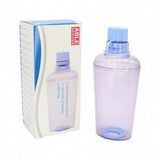
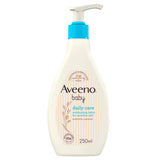
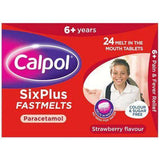
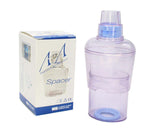
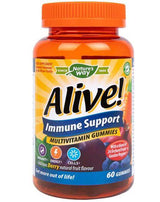
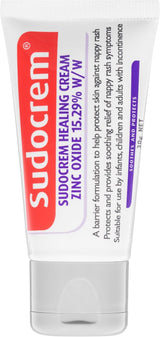
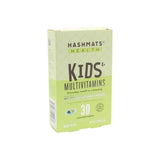

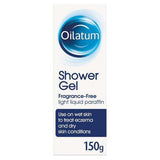
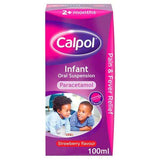



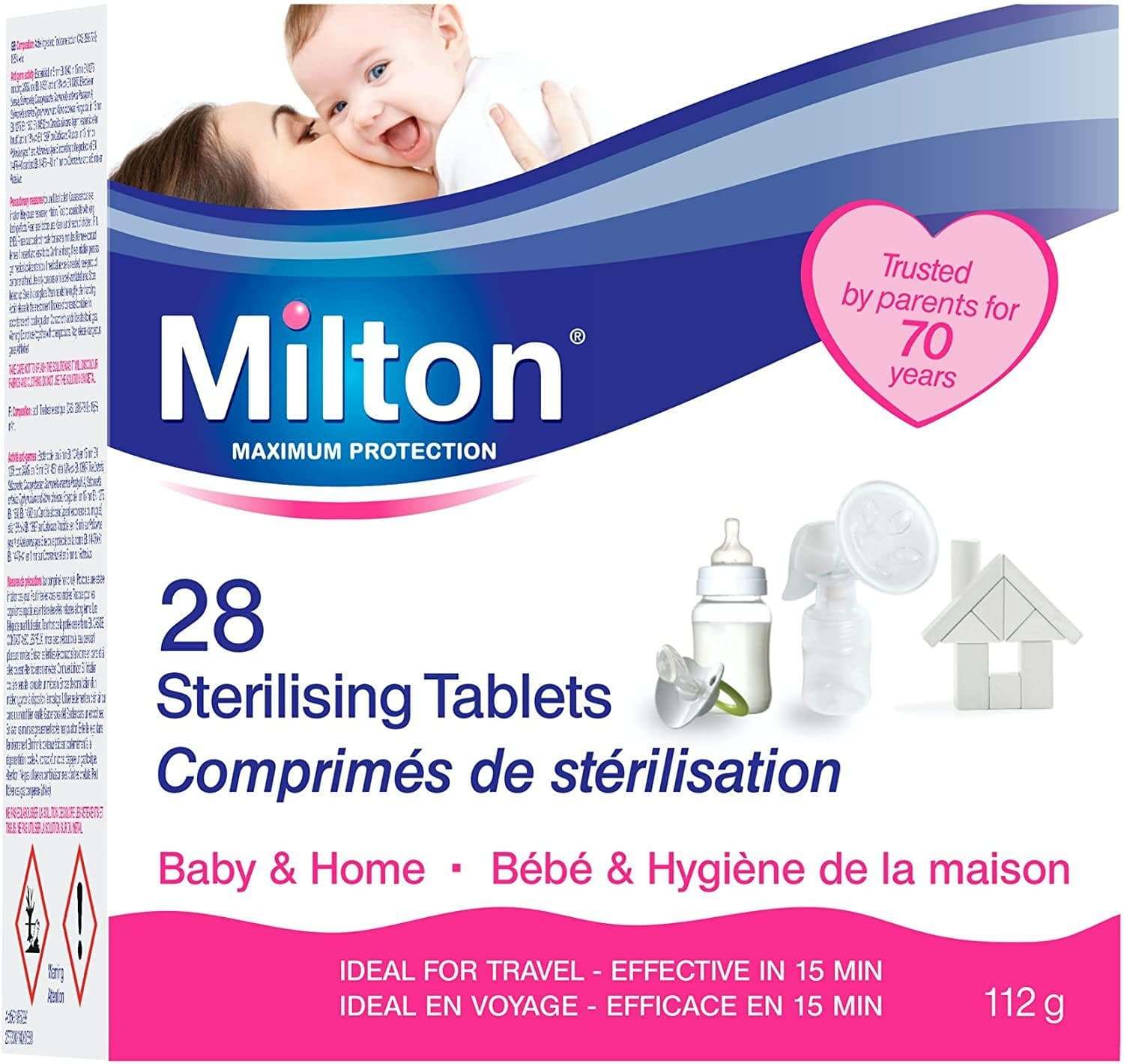

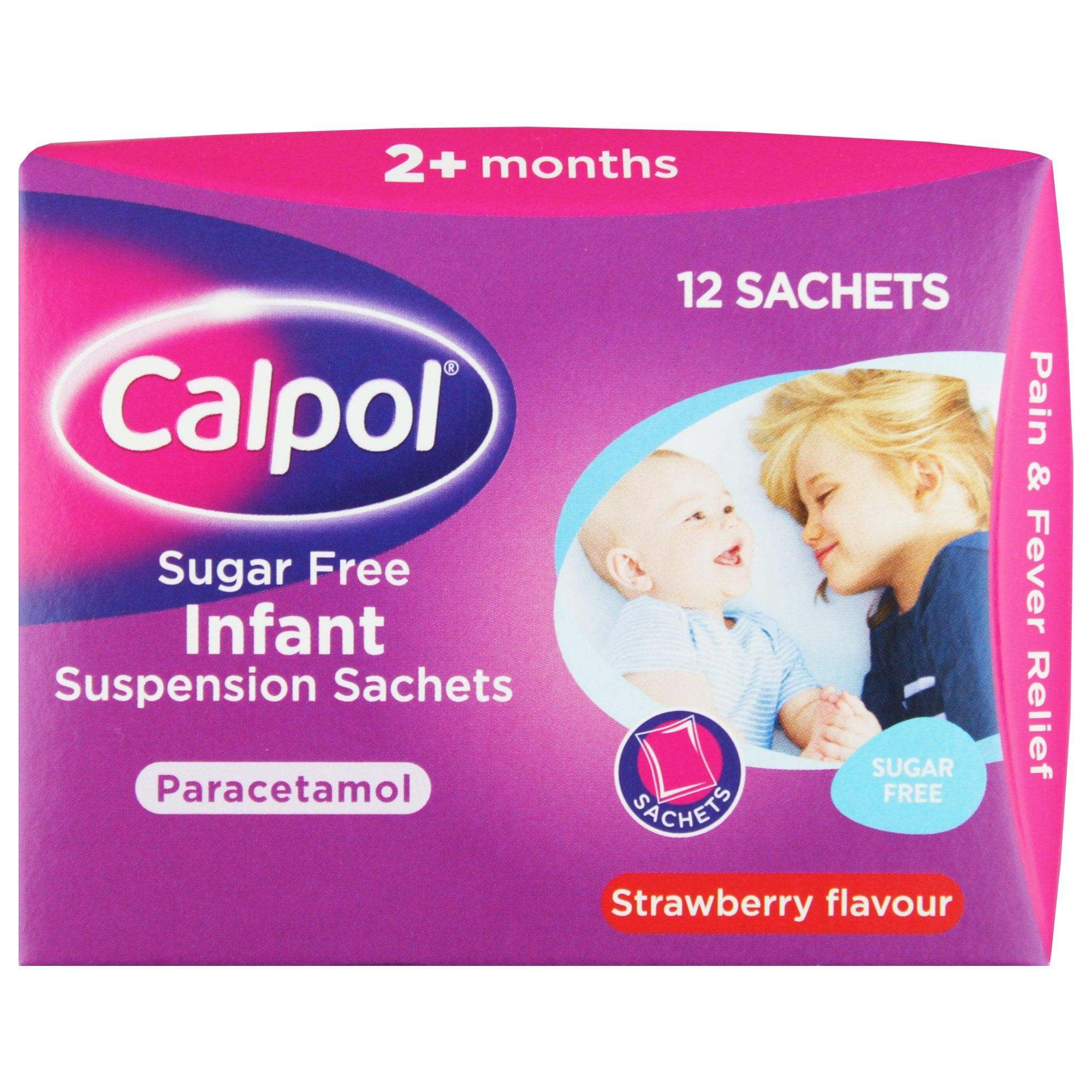


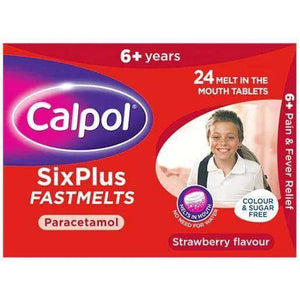
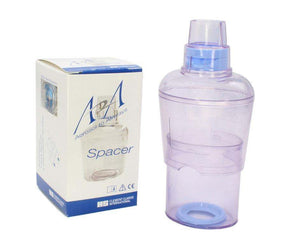
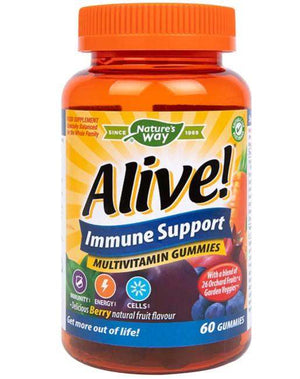
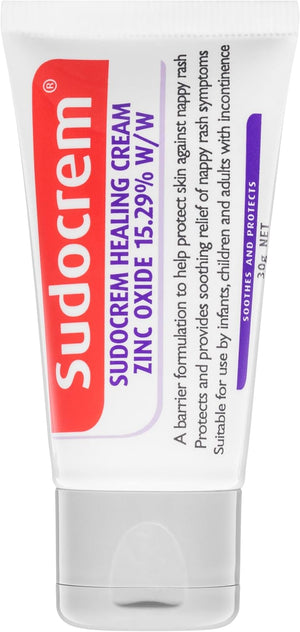
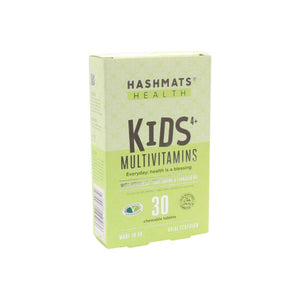



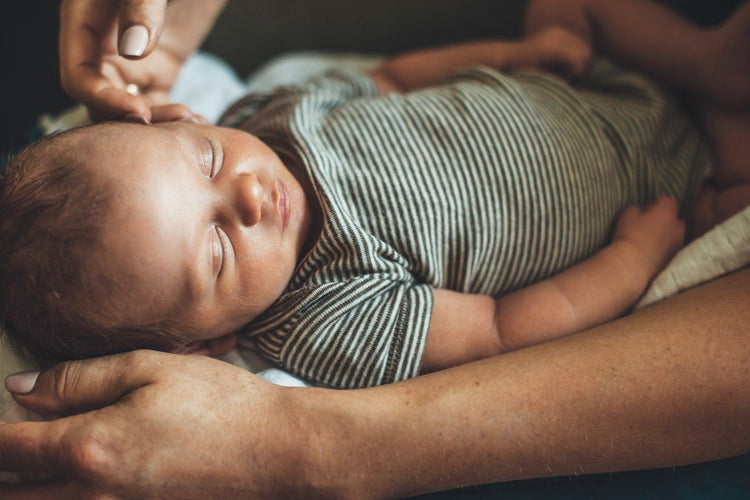

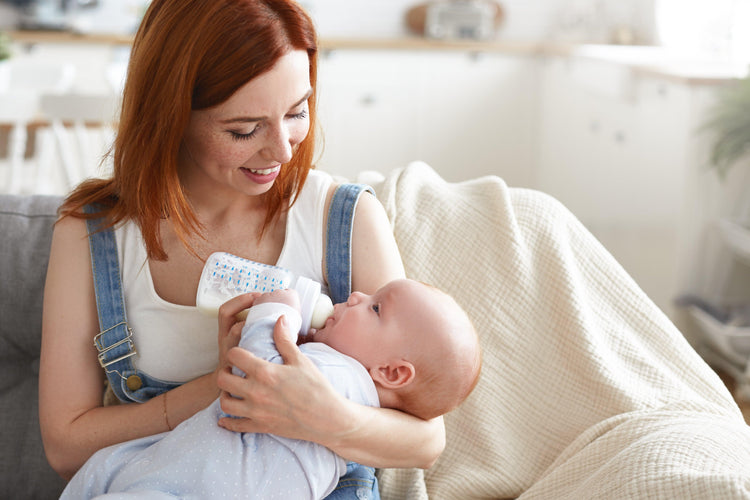

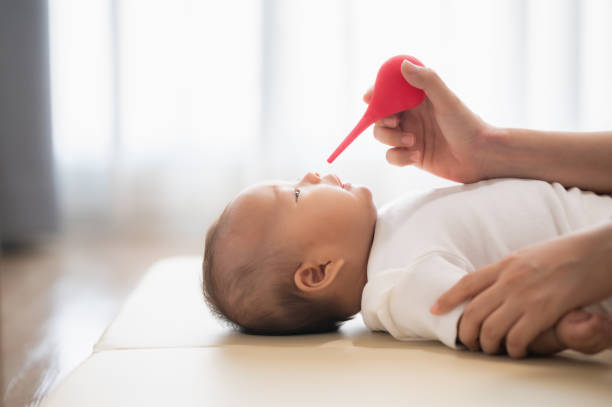
 Rated Excellent by 26,523+ Reviews
Rated Excellent by 26,523+ Reviews